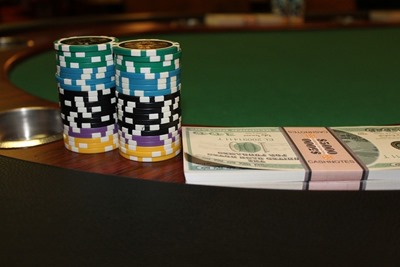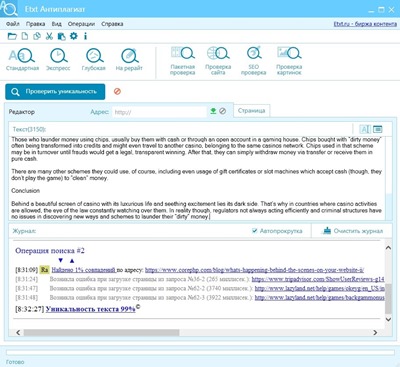Casino, in a common sense, is a luxurious place where crazy people lose their fortunes and lucky ones win millions, where a pleasant gambling scent is floating in the air, the blood boils in veins as adrenaline rises. But too seldom we think about why civilized countries always try to take control over gambling business and even ban it in some cases. Let’s take a look at what’s happening behind the scenes and why regulators keep an eye on gaming houses.
Casinos and organized criminal groups
A casino is not a bank, therefore, it is not a financial institution. Yet, its list of services includes not only gambling. Almost every gaming house offers a range of currency operations: from money transactions to a custody of securities. All these services are available for customers 24/7. Just like video slots online. During a gaming session, a customer can buy chips or cash out everything. These financial movements are like cherries on a cake for the members of criminal society who are in need of money laundering.
Organized criminal groups always try to take over casinos. For them, it is a perfect place for rest and for laundering some “dirty” money. Money lending is also not a rare occasion there, though, you may also call it an extortion. Criminals lend money to players at high interest rates, then, in case of late repayment of debt, they blackmail or threaten to take violent actions against players and their families. Then they might force debtors to take part in money laundering. So this goes in circles…
Wash, rinse, and dry
So how this mechanism works?
Chips are the main payment instrument, which serves as a substitute for real money in gambling houses. Direct purpose is to conduct operations between the player and the casino. Apart from standard chips, a casino may give you “credit” chips: they have different color, and as you can judge by the name, they are intended for playing on credit. Among the chips, there are also special “dead” chips, which are given to a client who arrived on a junket tour to play in the casino and are not negotiable.
Those who launder money using chips, usually buy them with cash or through an open account in a gaming house. Chips bought with “dirty money” often get transformed into credits and might even travel to another casino, belonging to the same casino network. Chips used in such scheme may be in turnover until frauds get a legal, transparent winning. After that, they can simply withdraw money via transfer or receive it in pure cash.
There are many other schemes they can use, of course, including even usage of gift certificates or slot machines which accept cash (though, they don’t play the game) to “clean” money.
Conclusion
Behind a beautiful screen of a casino with its luxurious life and seething excitement lies its dark side. That’s why in the countries where casino activities are allowed, the eye of the law is constantly watching over them. In reality though, regulators don’t always act efficiently and criminal structures have no problems in discovering new ways and schemes to launder their “dirty” money.


